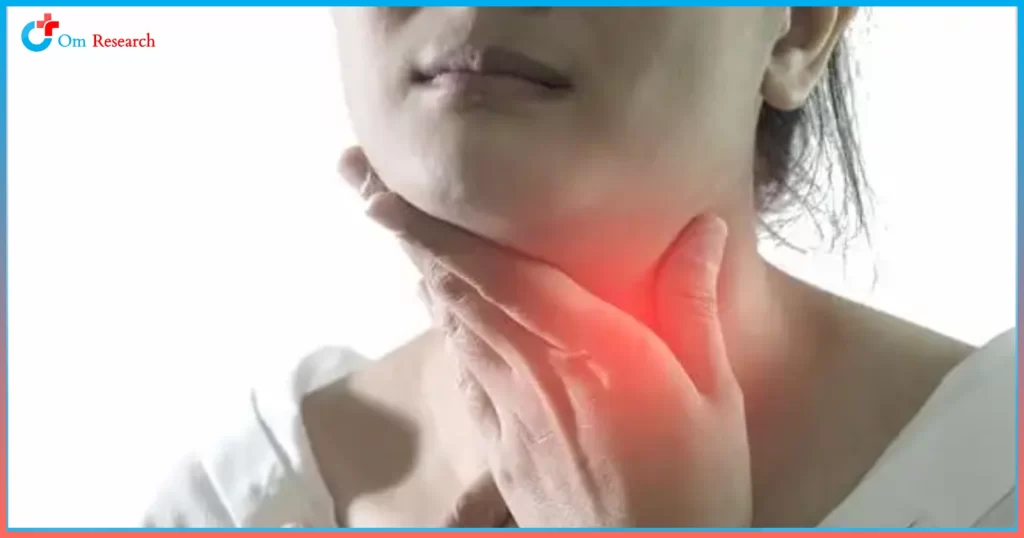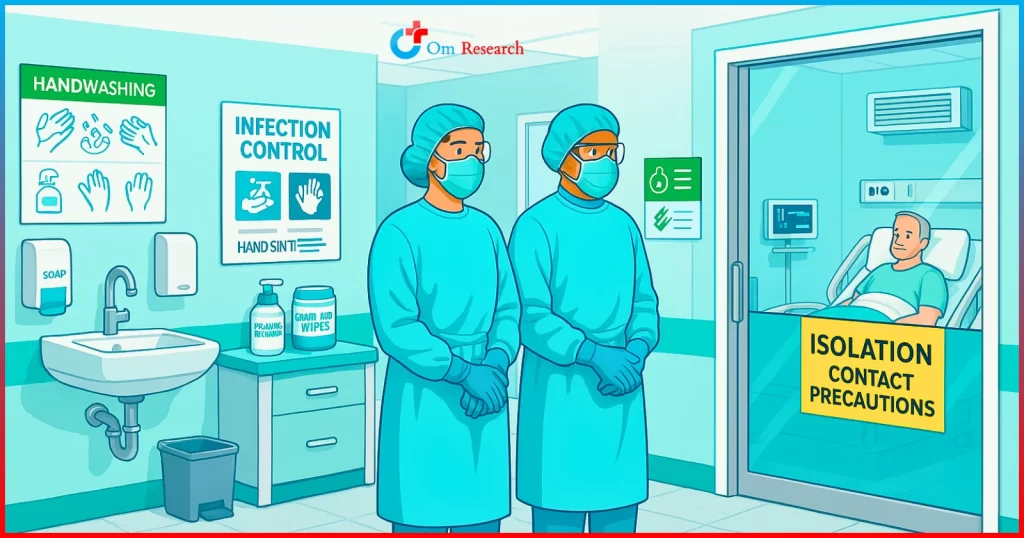What is Erosive Esophagitis?
Erosive Esophagitis is an acute form of esophagitis caused by repeated exposure to stomach acid. Continuous exposure to acid wears down the protective lining of the esophagus.
Causes inflammation, wounds, and discomfort. Common risk factors include gastroesophageal reflux disease.
Understanding the condition’s underlying cause is key to effectively managing it and preventing complications.
Symptoms of Erosive Esophagitis
Heartburn: A constant burning sensation in the chest. Usually worse after eating
Dysphagia: Also known as dysphagia, caused by inflammation or narrowing of the esophagus.
Painful swallowing: Sharp pain when eating or drinking.
Acid reflux: The feeling of acidic food or liquid returning to the throat or mouth.
Nausea or Fullness: Prolonged abdominal discomfort.
Bleeding: in severe cases, Blood can be seen in vomit or stool.
Identifying these symptoms early can help a person receive appropriate treatment and prevent further damage to the esophagus.
Dietary Modifications for Relief
Eating the right foods can help relieve esophageal symptoms and prevent flare-ups. The necessary dietary modifications are as follows:
Avoid these foods:
Acidic items: Tomatoes, citrus fruits. and products made from vinegar
Spicy food: Chili peppers, spicy sauces, and foods high in chili peppers
Foods high in fat: Fried foods, fatty meats and full-fat dairy products
Caffeinated and carbonated drinks: Coffee, soda, and energy drinks.
Candies: Chocolate and peppermint relax the lower esophageal sphincter, making acid reflux worse.
Include these foods:
Low-acidity fruits: bananas, melons and apples.
Vegetables: Leafy greens, carrots, and broccoli.
Whole grains: oats, brown rice, and whole-grain bread.
Lean protein: Skinless chicken, fish, tofu, and egg whites.
Low-fat milk substitutes: Almond milk, soy milk, and low-fat yogurt.
Use these dietary habits:
Eat small, frequent meals to reduce pressure on your stomach.
Do not lie down for at least 2-3 hours after eating.
Chew your food slowly, and thoroughly, to help digest food.
Lifestyle Modifications to Manage Erosive Esophagitis
Lifestyle changes play an important role in managing symptoms and preventing relapse. These modifications include:
Keep your head elevated while sleeping: Use a wedge pillow or raise the bed 6-8 inches. Helps reduce acid reflux at night.
Maintain a healthy weight: Excessive weight increases intra-abdominal pressure, the pressure in your stomach cavity, and increases reflux. Combine a balanced diet with low-impact exercise such as walking or swimming.
Avoid smoking and alcohol: Smoking weakens the lower esophageal sphincter. and may be at risk of exposure to acids. Alcohol stimulates the esophagus and increases acid production.
Stress management: Practice mindfulness, meditation, or yoga to reduce reflux symptoms. Take up a hobby or physical activity to relieve stress.
Wear loose clothing: Belts and clothing that are tight around the abdomen can make acid reflux problems worse.
These lifestyle changes can greatly improve your symptoms and improve your overall well-being.
Medical Treatments Complementing Lifestyle Changes
Medical treatments are often necessary to complement lifestyle and dietary changes. Options include:
Proton Pump Inhibitors (PPIs): Reduce stomach acid production. Promote healing of the esophageal lining.
Receptor Blockers: Provide quick relief from symptoms. Decrease acid secretion in the stomach.
Antacids: Neutralize existing stomach acid. Offer short-term relief for heartburn and indigestion.
Surgical Options: Fundoplication: Strengthens the lower esophageal sphincter.
Hiatal Hernia Repair: Treats hernia-related reflux issues.
Medical treatments should be tailored to individual needs, and regular consultations with a healthcare provider are essential for monitoring progress and adjusting treatment plans.
Conclusion
Living with degenerative esophagitis requires a proactive approach that incorporates dietary changes. Lifestyle changes and medical intervention: By understanding the conditions and implementing these strategies, Individuals can effectively manage their symptoms and improve their quality of life.
Clinical trials at Om Research are a path to new treatments and advances in treatment. Consult with your healthcare provider and explore these options to improve your health.



